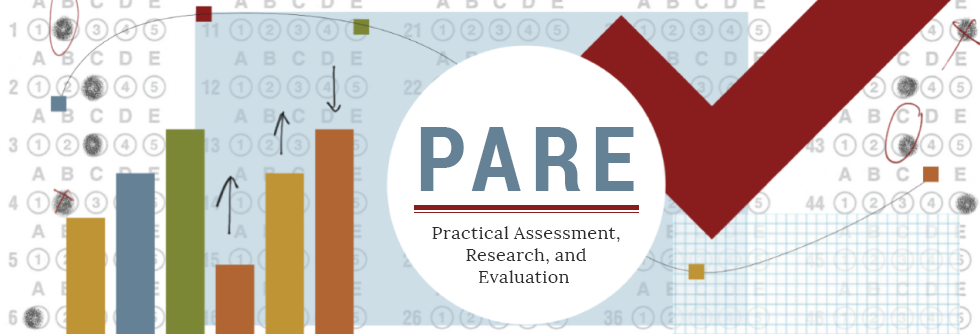Measurement Error and Equating Error in Power Analysis
- Gary W. Phillips
- Tao Jiang
Abstract
Power analysis is a fundamental prerequisite for conducting scientific research. Without power analysis the researcher has no way of knowing whether the sample size is large enough to detect the effect he or she is looking for. This paper demonstrates how psychometric factors such as measurement error and equating error affect the power of statistical tests. The overall finding is that measurement error and equating error reduce power and inflate sample size requirements. It is recommended that researchers, where appropriate, incorporate these sources of error in conducting power analysis. If either of these two sources of error are present in the data but not accounted for in the power analysis, then power will be underestimated and sample size requirements will be underestimated. Accessed 3,877 times on https://pareonline.net from August 08, 2016 to December 31, 2019. For downloads from January 1, 2020 forward, please click on the PlumX Metrics link to the right.
Keywords: Statistical Analysis, Research Methodology
How to Cite:
Phillips, G. W. & Jiang, T., (2016) “Measurement Error and Equating Error in Power Analysis”, Practical Assessment, Research, and Evaluation 21(1): 9. doi: https://doi.org/10.7275/0snn-zm67
Downloads:
Download PDF
View PDF
916 Views
146 Downloads
